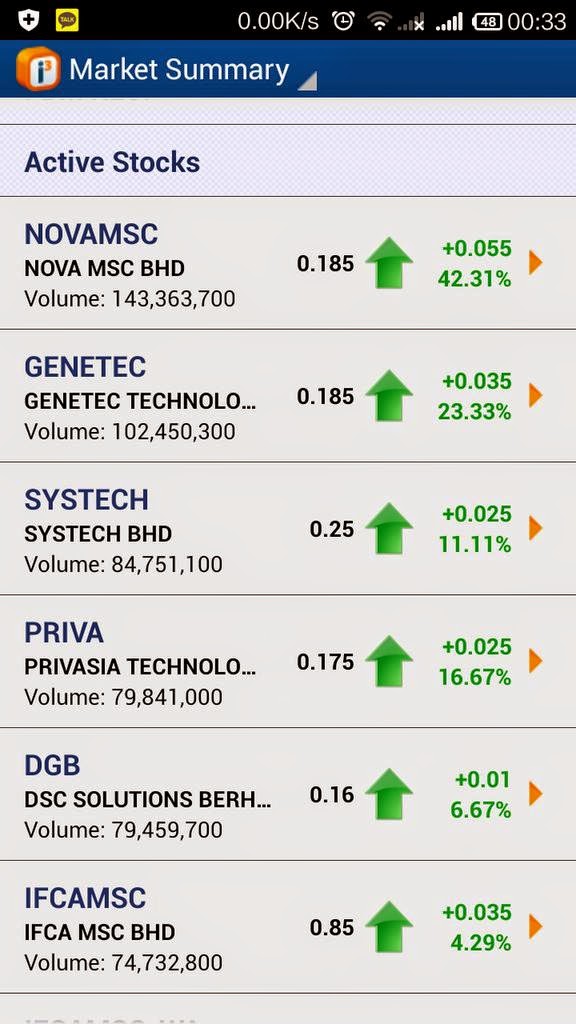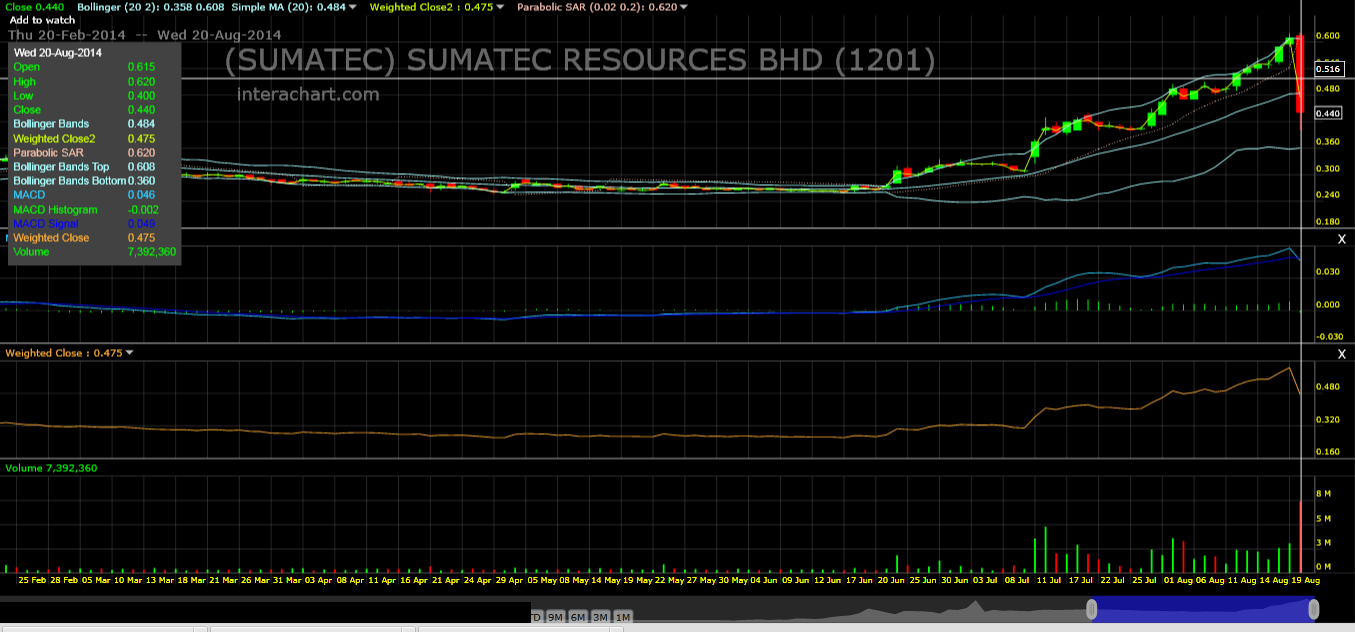Investing in penny stocks can be an exciting and potentially lucrative venture. These low-priced stocks offer a unique opportunity for investors to make substantial gains. However, the world of penny stocks is not without its secrets. One of the most intriguing aspects of this market is the presence of penny stock insiders.
What are Penny Stocks?
Penny stocks are low-priced shares of small companies, typically trading below $5 per share. These volatile stocks have the potential for significant price swings and can offer high returns, but they also come with risks.
Due to their lower liquidity and limited public information, conducting thorough research is essential before investing in penny stocks.
The Allure of Penny Stocks for Investors
Penny stocks have long been attractive to investors due to their potential for high returns. Despite the risks involved, these low-priced securities offer the possibility of discovering undervalued gems that can skyrocket in value.
One allure of penny stocks is the opportunity for substantial gains with minimal financial commitment. Unlike established stocks, penny stocks allow investors to enter the market with limited funds, making them appealing to beginners or those working with smaller budgets.
Additionally, penny stocks provide excitement and adventure as investors seek out hidden opportunities in lesser-known companies. These stocks often belong to emerging industries or niche markets, offering a chance to invest in innovative ventures before they become widely recognized.
The allure is also fueled by the potential for quick and dramatic price movements. Penny stocks’ low trading volumes and volatility make them prone to sudden surges or drops in price, presenting opportunities for savvy investors who can predict market trends or identify catalysts for significant price shifts.
However, caution is necessary when investing in penny stocks due to associated risks such as poor financial health, lack of transparency, and limited liquidity. Thorough research, risk assessment, and portfolio diversification are essential.
Uncovering the Hidden Potential: Penny Stock Insider Trading
Insider trading in penny stocks involves individuals buying or selling a company’s shares based on non-public information. While regulated by the SEC, this practice has attracted attention and controversy. Penny stocks, valued at less than $5 per share, are known for their volatility and susceptibility to manipulation and fraud.
Insiders who have access to confidential information about these companies can greatly influence their value through strategic buying or selling of shares. Understanding and recognizing instances of insider trading in the penny stock market is crucial for investors seeking to make informed decisions in this unpredictable environment.
Definition and Legality of Insider Trading
Insider trading involves using non-public information to make investment decisions or sharing it with others who act upon that knowledge. While some forms are illegal, such as trading on information obtained through fraud or espionage, there are legal circumstances for insider trading.
It is essential to differentiate between lawful and unlawful practices by considering factors like intent, the source of information, and regulatory guidelines. Understanding these nuances helps investors navigate the complex world of stock market investments while upholding fairness and integrity in financial markets.
The Importance of Information Asymmetry in Investing
Information asymmetry, where insiders possess non-public information, gives them an unfair advantage over other investors. This advantage can lead to profitable trades and distort the market. Access to accurate and timely information is crucial for making informed investment decisions, but not all participants have equal access.
Insiders with privileged knowledge about a company’s performance or future prospects can make more accurate predictions, potentially generating higher returns. Regulators enforce rules against insider trading to level the playing field and protect investors from unfair practices related to information asymmetry.
How Insiders Gain an Edge in the Penny Stock Market
Insiders in the world of penny stocks have a distinct advantage due to their access to private information. There are two main types of insiders: corporate insiders and professional insiders. Corporate insiders, such as executives and board members, have insider knowledge of the company’s operations and plans.
Professional insiders, such as analysts and fund managers, leverage their expertise and networks to gain valuable insights. By utilizing this privileged information, insiders can anticipate market movements and make informed investment decisions that can lead to significant profits.
However, it is important to note that engaging in illegal insider trading activities carries severe consequences under securities laws.
Corporate Insiders: Company Executives and Board Members
Corporate insiders, such as executives and board members, hold positions within a company that grant them access to non-public information. This information includes details about upcoming product launches, financial performance data, and potential mergers and acquisitions that can significantly impact stock prices.
While corporate insiders have an advantage with this knowledge, they also face legal obligations and restrictions on trading based on insider information. Adherence to regulations is crucial in maintaining trust within the investing community and preventing illegal insider trading cases that have shaken investor confidence in the past.
Professional Insiders: Investment Professionals and Analysts
Investment professionals and analysts, with their expertise in researching specific industries or companies, provide valuable insights into the potential performance of penny stocks. Through thorough analysis of financial statements and market trends, they identify key factors that can impact stock prices.
However, they must adhere to ethical guidelines to avoid insider trading or sharing non-public information. By carefully monitoring trading patterns and staying informed through news releases and regulatory filings, these professionals can spot insider trading activity in penny stocks.
| Table: Key Points |
|---|
| 1. Investment professionals specialize in researching specific industries or companies. |
| 2. They analyze financial statements and market trends to evaluate stock performance. |
| 3. Ethical guidelines prohibit insider trading and sharing non-public information. |
| 4. Monitoring trading patterns and staying informed helps identify insider trading activity. |
[lyte id=’WXViomu9AE0′]







